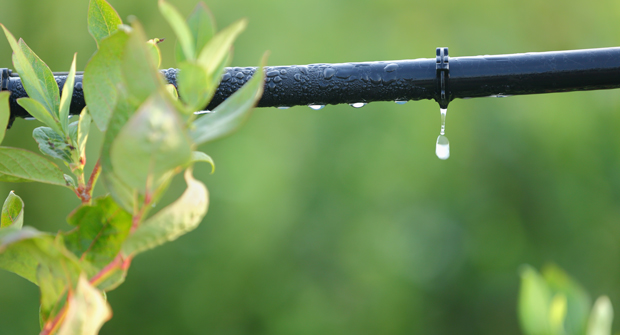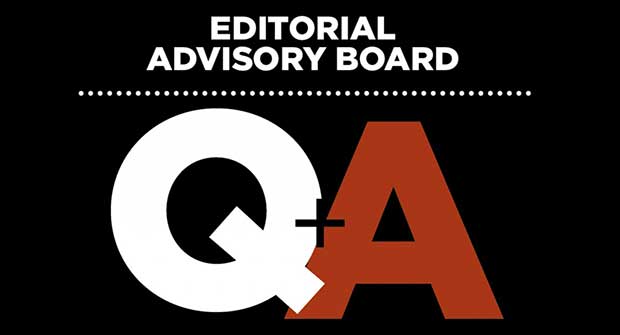As incidents of drought increase and the demand for outdoor water use peaks, it’s common for water systems to implement summertime water restrictions. However, irrigation pros and landscape companies may incorrectly assume that stringent water cutbacks mean a temporary hiatus for their services. In fact, the opposite is often true.
“You’d think business would slow down during water-restriction periods,” says Eric Santos, CIC, CID, CLIA, CIT, owner of Epic Irrigation Services and Management in Livermore, Calif. “But that doesn’t seem to be the case. Among clients, there’s a heightened awareness about using their irrigation systems as efficiently as possible.”
Here are strategies irrigation pros can use during periods of mandatory water restrictions to engage residential and commercial clients, offer indispensable services and foster stronger relationships.
Share the details
The sudden onset of drought conditions often triggers water authorities to enact mandatory water restrictions. This news can send property owners into a water-use panic. Irrigation and landscape pros have a prime opportunity to establish themselves as the epicenter for information on those restrictions.
“In California, we have over 400 water districts, and each of these districts has its own unique rules and guidelines,” Santos says. “You must understand the rules in the districts you’re doing business in.”
Chad Sutton, CID, CIC, CIT, CLIA, director of water management services at Sperber Landscape Companies in Westlake Village, Calif., says, “The number one service that I provide is being a trusted advisor and a true consultant to help clients understand what these mean and how they apply to their specific properties.”
System improvements
For years, there’s been a growing emphasis on greater water conservation and efficiency throughout the country. As a result, water districts and local governments offer incentives to encourage the adoption of water-saving technologies.
“Irrigation upgrades often involve certain exemptions to water restrictions or even rebates by the local water district,” Sutton says. “Discuss with your clients how you can maximize these advantages by making certain technical improvements to their systems.”
Ensure proper settings
Water restrictions often redefine the functional parameters for routine irrigation operations. It’s not uncommon for homeowners and property managers to inherit an existing irrigation system and lack the basic knowledge to alter or program run times.
Santos and Sutton agree that an experienced irrigation professional can set those controllers correctly and teach their clients how to use and program them properly.
Audits
Offering clients an irrigation audit during extended water restrictions is a way to comprehensively assess an irrigation system and evaluate its overall health.
Audits gather and assess details about irrigation system functions. They can involve a thorough review of existing design plans and service/maintenance records and a deep dive into past water bills.
“Audits are a great way to really understand the workings and condition of a client’s irrigation system,” Santos says.


